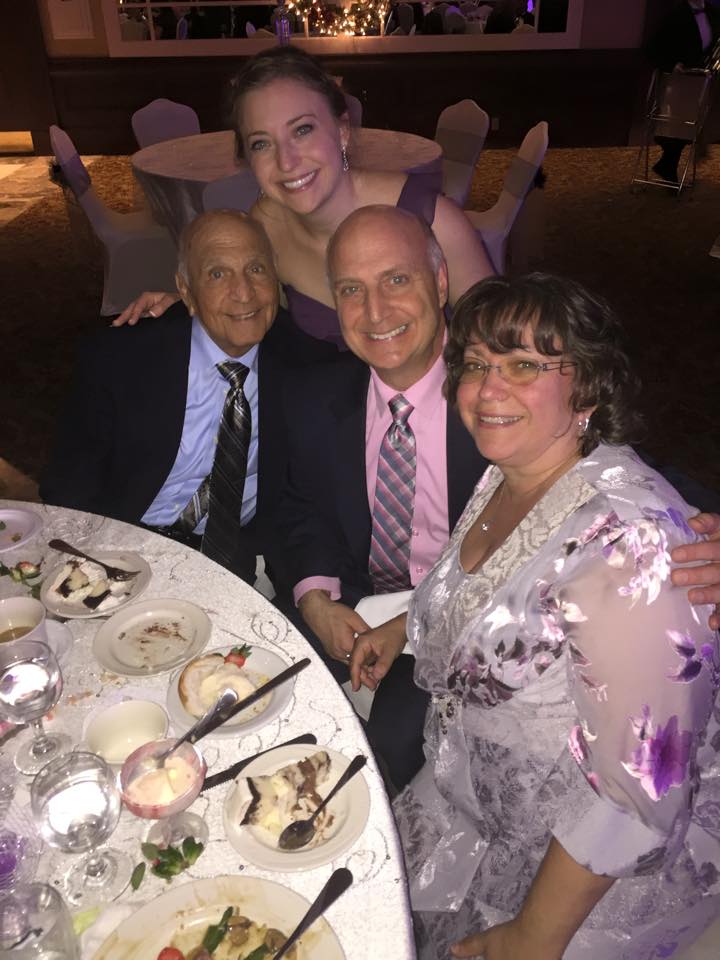“You may have a fresh start at any moment you choose. This thing we call ‘failure’ is not the falling down, but the staying down.”
– Mary Pickford, actress
Whenever I’m asked about the value of coaching, I usually say that people who have a coach almost always achieve more than they would on their own, faster than they would on their own. One key reason for this is that they get up more quickly following the setbacks that often occur when they stretch beyond their comfort zones.
A coach supports the propensity for committed action and will often provide a hand – or even a kick in the butt if necessary – to help people get up, brush away the dust of apparent failure, capture the lessons learned, and get right back to it.
Exercise:
Select a setback or failure you recently experienced and discuss it with a close friend or colleague. Request their coaching or support to get right back on the horse and try again.
Schedule frequent touch-points with this individual, so that if you stumble again, you bounce back more quickly and give it another go.



